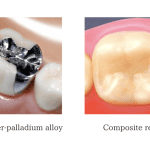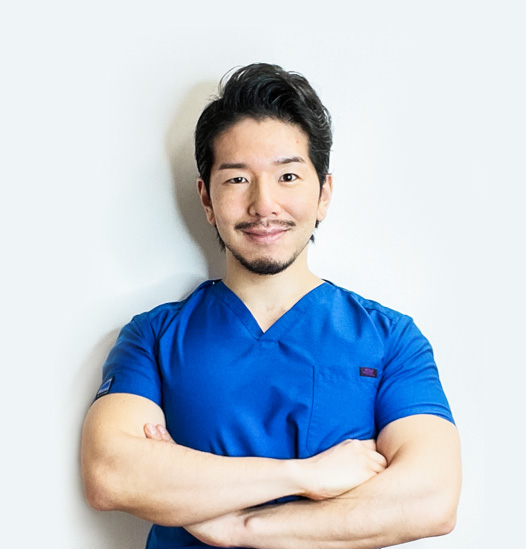We received positive feedback to our hospital interpretation services from Amy from UK. She visited National Center Hospital, National Center of Neurology and Psychiatry, commonly referred as NCNP hospital in Tokyo for her medical conditions. We offered in-person interpretation assistance for her hospital visis. We asked her experience with this hospital and using our services.
Q1. Can you briefly explain me know the first time process from check-in to check out from your hospital?
From what I understand, the first time involved registering for a hospital membership, and being referring to the correct department. This involves filling out a few different forms and talking to receptionists, who usually don’t speak English. Following this first-time, the check-in process at NCNP is electronic, so I need to insert my hospital membership card and then go to the relevant area of the hospital.
Q2. Your medical condition and which medical department did you visit?
My medical condition is Multiple sclerosis and I visited the neurological department of NCNP, which has specialist doctors for this condition.
Q3. Did you have any lab or imaging tests? If yes, can you let us know the type of tests you had and how the flows were at your hospital.
I had an MRI scan and a few other tests. The flow was the same as before (electronic check-in and then proceeding to the MRI area). These are fairly challenging to do on my own even with limited Japanese. With an interpreter I was able to understand which really helped the first time.
Q4. Did you have any prescription issued at the hospital? If so, did you receive it at the pharmacy in the hospital or outside pharmacy?
Yes I did, but I received it at an outside pharmacy.
Q5. What was your impression about the medical staff at your hospital? Both positive and negative comments are appreciated.
Medical staff are generally kind and patient with non-fluent Japanese speakers, but they do have certain medical vocabulary they need to use as part of hospital policy. Consent is crucial when dealing with medical issues so when there are communication issues it slows things down considerably. As a result I find that often I’m agreeing to things I don’t fully understand without having an interpreter.
Q6. You speak Japanese. What would have been the challenging parts if you did not use an interpreter service?
Even with my conversational level of Japanese, complicated and specific medical vocabulary is very challenging. The forms are often confusing and have lots of opportunities to make mistakes. In addition, the fact that my interpreter had a lot of expertise dealing with the hospital helped me to save a lot of time, and helped with the hospital staff.
Q7. Did you need to apply for subsidy? If yes, can you share your experience what the challenging parts (e.g. understanding the required paperwork) when you applied for it and how JHI helped with it?
There is a lot of paperwork and JHI helped me to understand the relevant paperwork, such as what I need to keep and what I can throw away. I often ask JHI for help filling out the application paperwork on time, as the Japanese town halls can move slow and need a lot of time to process applications. In addition if there are any hiccups, JHI is able to advise and help with phone calls or other applications. When trying to do it alone, I’ve made mistakes in the past with not keeping important documents and the experience and expertise of JHI has really helped me.

